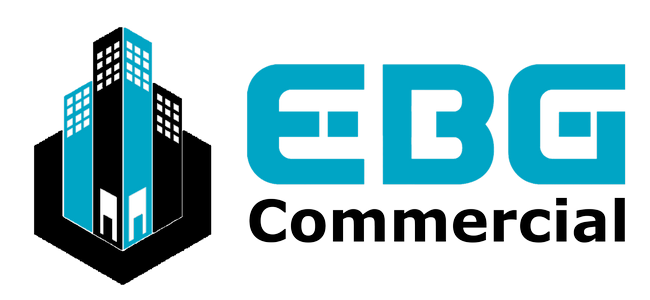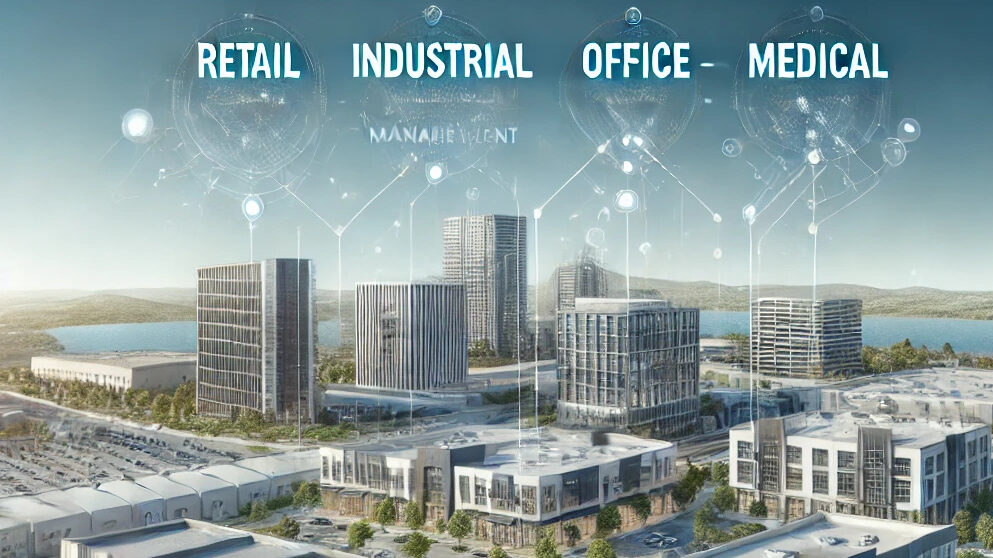Stop Wasting Money on Your Shopping Center’s Maintenance
Why DFW retail owners are losing thousands every month on outdated maintenance approaches
Here’s a shocking reality I’ve witnessed across DFW’s retail market: most shopping center owners are spending way too much on maintenance while getting far too little in return. After two decades of managing retail properties in Dallas-Fort Worth, I’ve seen how the right maintenance strategy can transform both your operating costs and your property’s value.
The Hidden Cost of Reactive Maintenance
Think about your current maintenance approach. Are you constantly putting out fires? Dealing with emergency repairs? Facing unexpected expenses? If so, you’re not alone – but you’re definitely leaving money on the table.
Most shopping center owners fall into one of these costly traps:
- Waiting until something breaks
- Using the cheapest vendors available
- Neglecting preventive maintenance
- Ignoring energy efficiency opportunities
- Missing early warning signs
The Real Impact on Your Investment
Poor maintenance strategies affect more than just your monthly expenses:
- Decreased property value
- Higher tenant turnover
- Increased operational costs
- Lower quality tenant prospects
- Lost rental income during repairs
- Reduced long-term appreciation
A Better Way to Maintain Your Retail Property
Let me share what we’ve learned managing retail properties across DFW. The key isn’t spending less – it’s spending smarter. Here’s how:
- Preventive Maintenance That Actually Works:
- Strategic inspection schedules
- Early problem detection
- Seasonal maintenance timing
- System life-cycle planning
- Regular property assessments
- Smart Vendor Management:
- Quality-focused partnerships
- Volume-based pricing
- Performance accountability
- Quick response agreements
- Regular quality reviews
- Energy Efficiency Upgrades:
- ROI-focused improvements
- Utility cost reduction
- Smart technology integration
- Green building practices
- Long-term savings planning
Real Results in DFW’s Market
Let me share a recent example: A shopping center in North Dallas was spending over $15,000 monthly on reactive maintenance. Their approach? Fix things when they break. After implementing our preventive maintenance strategy:
- Monthly maintenance costs dropped to $8,000
- Emergency repairs decreased by 70%
- Tenant satisfaction improved significantly
- Property value increased due to better conditions
- Energy costs reduced by 25%
Why Most Maintenance Programs Fail
The biggest mistake I see in DFW’s retail market is treating all commercial properties the same way. A shopping center has unique maintenance needs compared to an office building or warehouse. You need specialized retail knowledge to:
- Understand customer impact
- Manage high-traffic areas
- Handle food service requirements
- Maintain customer-facing systems
- Balance aesthetics with functionality
Creating a Cost-Effective Maintenance Strategy
Success requires a three-pronged approach:
- Prevention First:
- Regular inspections
- Scheduled maintenance
- System monitoring
- Early intervention
- Documentation
- Smart Resource Allocation:
- Priority-based budgeting
- Strategic vendor selection
- Bulk purchasing
- Energy management
- Cost-benefit analysis
- Long-term Planning:
- Equipment life-cycle management
- Upgrade scheduling
- Capital expenditure planning
- Technology integration
- Efficiency improvements
Making It Work in Your Shopping Center
Implementation is key. Start with:
- Assessment:
- Current condition evaluation
- Cost analysis
- System efficiency review
- Vendor performance check
- Budget review
- Planning:
- Priority setting
- Schedule development
- Resource allocation
- Vendor selection
- Budget alignment
- Execution:
- Clear communication
- Regular monitoring
- Performance tracking
- Adjustment as needed
- Continuous improvement
The Bottom Line
Smart maintenance isn’t about cutting costs – it’s about maximizing value. In today’s competitive DFW retail market, you can’t afford to take a reactive approach to property maintenance. The right strategy doesn’t just save money; it protects and enhances your property’s value while improving tenant satisfaction.
Don’t let poor maintenance drain your property’s value and your bank account. In today’s market, you need a strategic approach that balances cost-effectiveness with quality results.
Share Your Experience: What maintenance challenges have you faced with your retail property? How have they affected your bottom line? Share your thoughts in the comments below – your insights could help other owners optimize their maintenance strategies.
#RetailNavigator #DFWRealEstate #PropertyManagement

